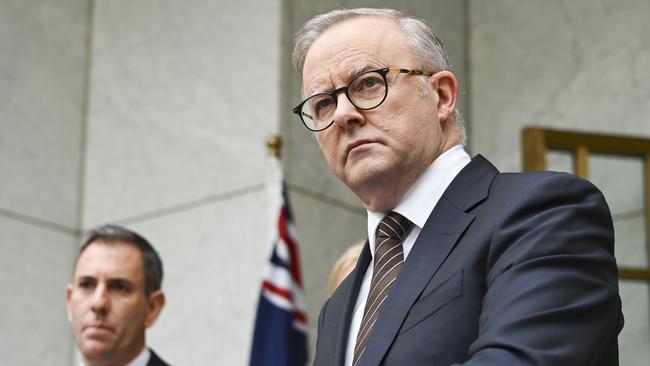
As a result of this action, it has been estimated that eligible graduates will benefit by $5500 each on average, representing an $11bn transfer to them (from the $57bn in HELP debts currently expected to be repaid) from taxpayers.
It’s not hard to see that this change fails every test of good policy. It is a reverse Robin Hood intervention, benefiting higher-income graduates at the expense of taxpayers who do not have degrees. It is also a lottery. If you have a current HELP debt, you’re in luck. But if you’ve paid it off in the past or plan to incur one in the future, it’s no cigar for you.
These sins might conceivably be excused if the policy promised to deliver benefits to the taxpayers who will pay for it. But this is not the case. No additional higher education places are being funded, no extra incentive is being offered to people to attend university, no new facilities are being built as a result of it. Nothing. Just the extortion of money from taxpayers to line the pockets of a subset of lucky and generally well-off graduates.
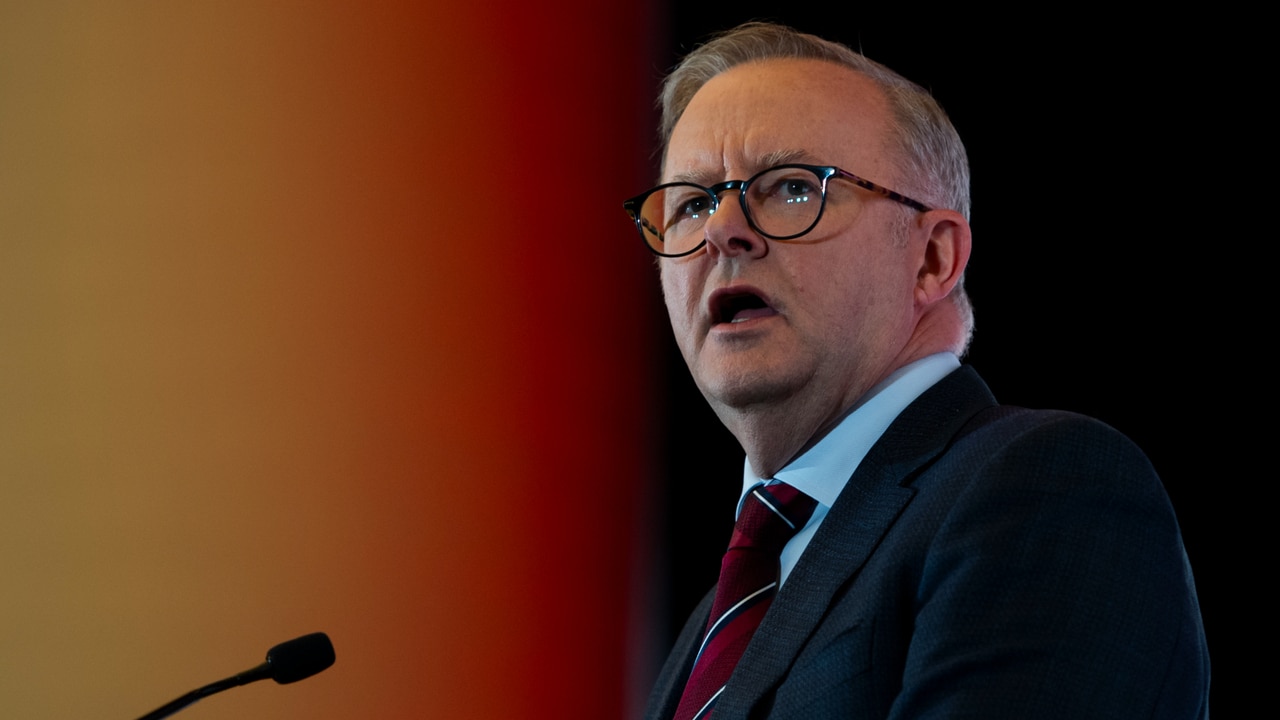
The Albanese government has been bitterly criticised, including by me, for undermining the Future Fund, a $230bn asset that’s held in trust for taxpayers – limiting their exposure to public servants’ superannuation liabilities.
The proposed $11bn writedown of HELP debt – which from the perspective of taxpayers is an income-earning asset – is in some ways worse because at least the government claims, disingenuously, it wants the Future Fund’s value to grow. To add insult to injury for taxpayers, the government previously announced it would no longer automatically index HELP debts to inflation, wiping a further $3bn from HELP’s value. It also will raise the income threshold at which debt is incurred.
Why has the Albanese government undermined the HELP scheme in this way? Is it simply political opportunism – a bid to woo graduate voters away from the Greens – as most commentators have argued?
Yes, that’s part of the story. But there is much more to it than that. To understand why, we need to recall the history of the HECS initiative. This 1988 scheme was a signature Hawke-Keating government reform, spearheaded by education minister John Dawkins. It exemplified the Hawke-Keating government’s ability to harness first-rate economic thinking in the pursuit of worthy social democratic goals.
The idea of students borrowing against their future human capital had been popularised by no less than economist Milton Friedman. By deferring their repayments until their post-graduation income reached a sufficient level, Labor removed an impediment that otherwise would have locked poorer students out of such a scheme.

As we know, the HECS funding model underwrote an explosion of university enrolments in the 1990s, opening these formerly elite institutions to large numbers of working-class students for the first time, but – and this is the critical point – without putting taxpayers on the hook for it. It was a winning combination of economic rationalism, support for working-class aspiration and fiscal prudence. And it was a repudiation of Gough Whitlam’s previous abolition of university tuition fees, which was a classic case of middle-class welfare – requiring taxpayers to fund the degrees of students from privileged backgrounds who back then dominated (non-scholarship funded) university enrolments.
For both these reasons, HECS was furiously opposed by the Labor Left at the time. Numerous protest rallies were held on campuses. At the 1988 ALP conference held in Hobart, the Socialist faction fought the Right’s bid to remove the commitment to “free tertiary education” from the party’s platform – which, by the way, was supported by the ACTU.
I would not be surprised if a young Anthony Albanese was an enthusiastic participant in, if not a leader of, the anti-HECS campaign. Who knows, perhaps his HELP policy decision – which detracts from the program’s intent – is a case of settling an old political score? You may think I’m being a little too cynical. But from my years of observing ministers making decisions at close quarters, I’ve learnt never to discount the role that petty political resentments play in policy decisions.
Regardless, there is no doubt that the Prime Minister and Treasurer harbour an obsessive hostility towards economic rationalism, which for them is a term of abuse, embodying everything they resent about not only the Liberal Party but also the Hawke-Keating government.
If the Future Fund assault was a deliberate blow against the former’s legacy, the HELP changes undercut at least part of the latter’s.

I am not arguing that the HELP scheme has no flaws. By blunting price signals for students, it has enabled universities to charge the highest possible tuition fees under their regulated caps, regardless of cost or quality. Just like the international student market, HELP has become a river of gold for our rapacious universities. As Dawkins has argued, full-fee deregulation and more price competition between universities would help fix this problem.
Albanese’s HELP debt write-off is yet another instance of his government penchant for deeply regressive policy initiatives.
As a result of these, Australians are paying higher power prices so the pockets of rich wind and solar carpetbaggers can be lined; the employment prospects and incomes of millions of casual workers are being squeezed to shore up declining union membership; and, worst of all, every Australian is paying a punishing inflation tax as a result of the government’s refusal to rein in its spending.
While Whitlam’s government was equally as incompetent and elitist, at least it delivered sewers to Sydney’s western suburbs. If we have a hot summer, the Albanese government is liable to deliver them blackouts.
David Pearl is a former Treasury assistant secretary.



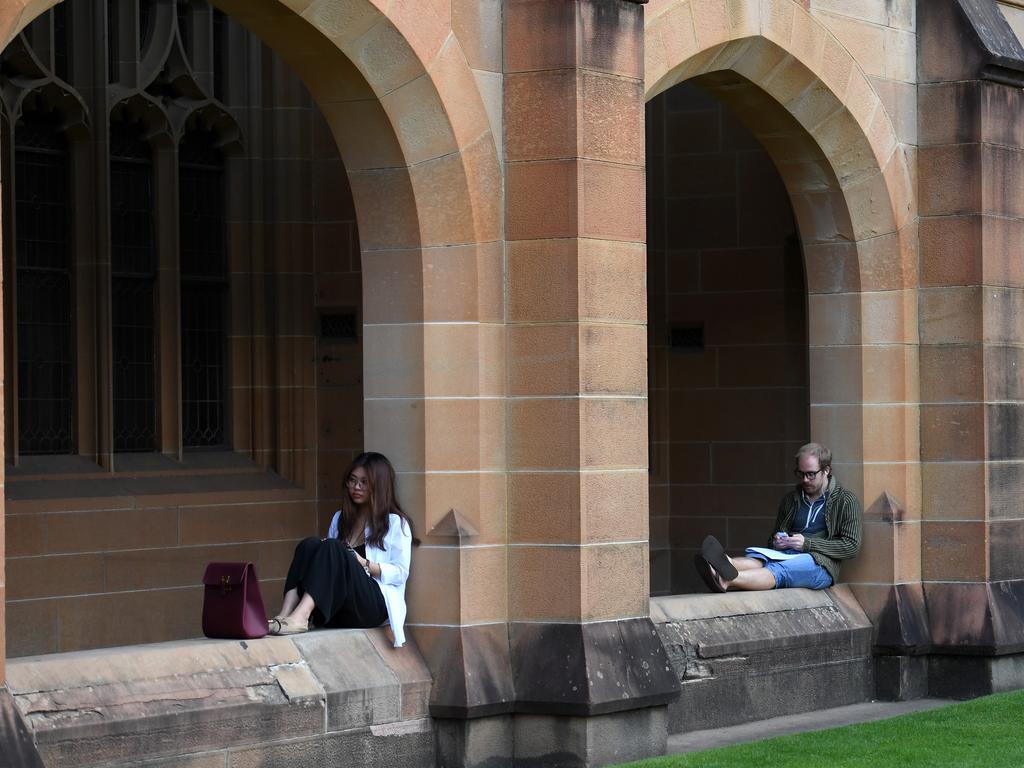

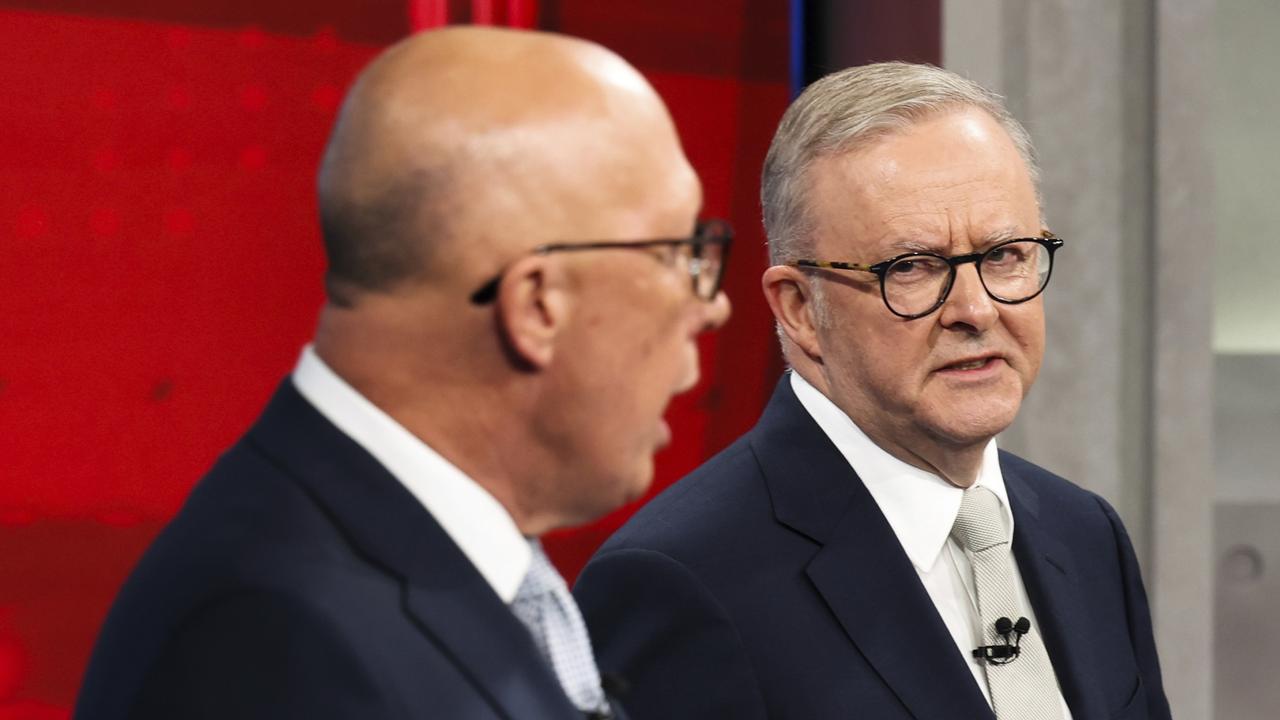
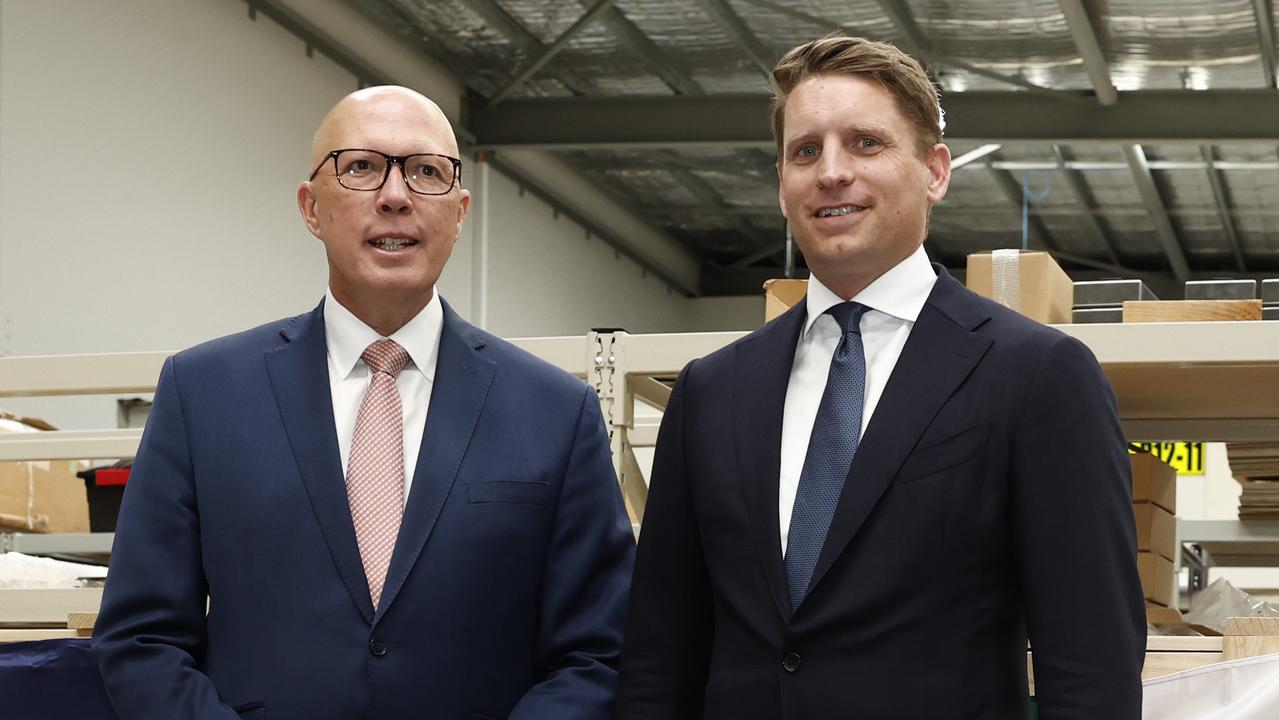
Anthony Albanese’s recent announcement that his government will write off 20 per cent of the value of outstanding Higher Education Loan Program (the successor to HECS) student debt has rightly been condemned by my fellow economists.